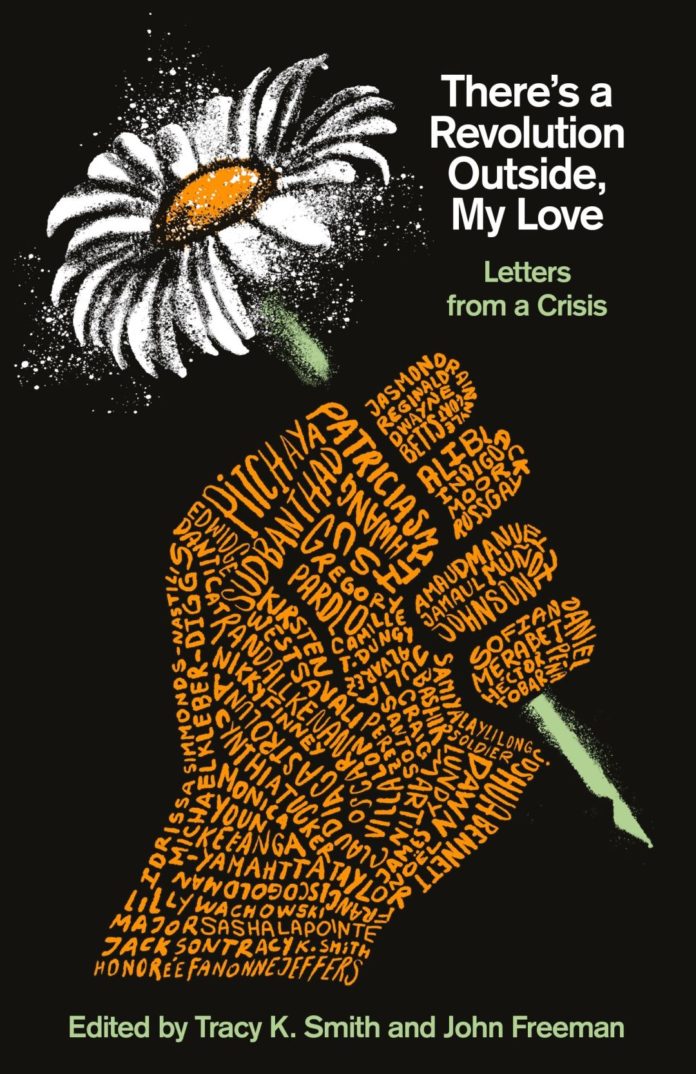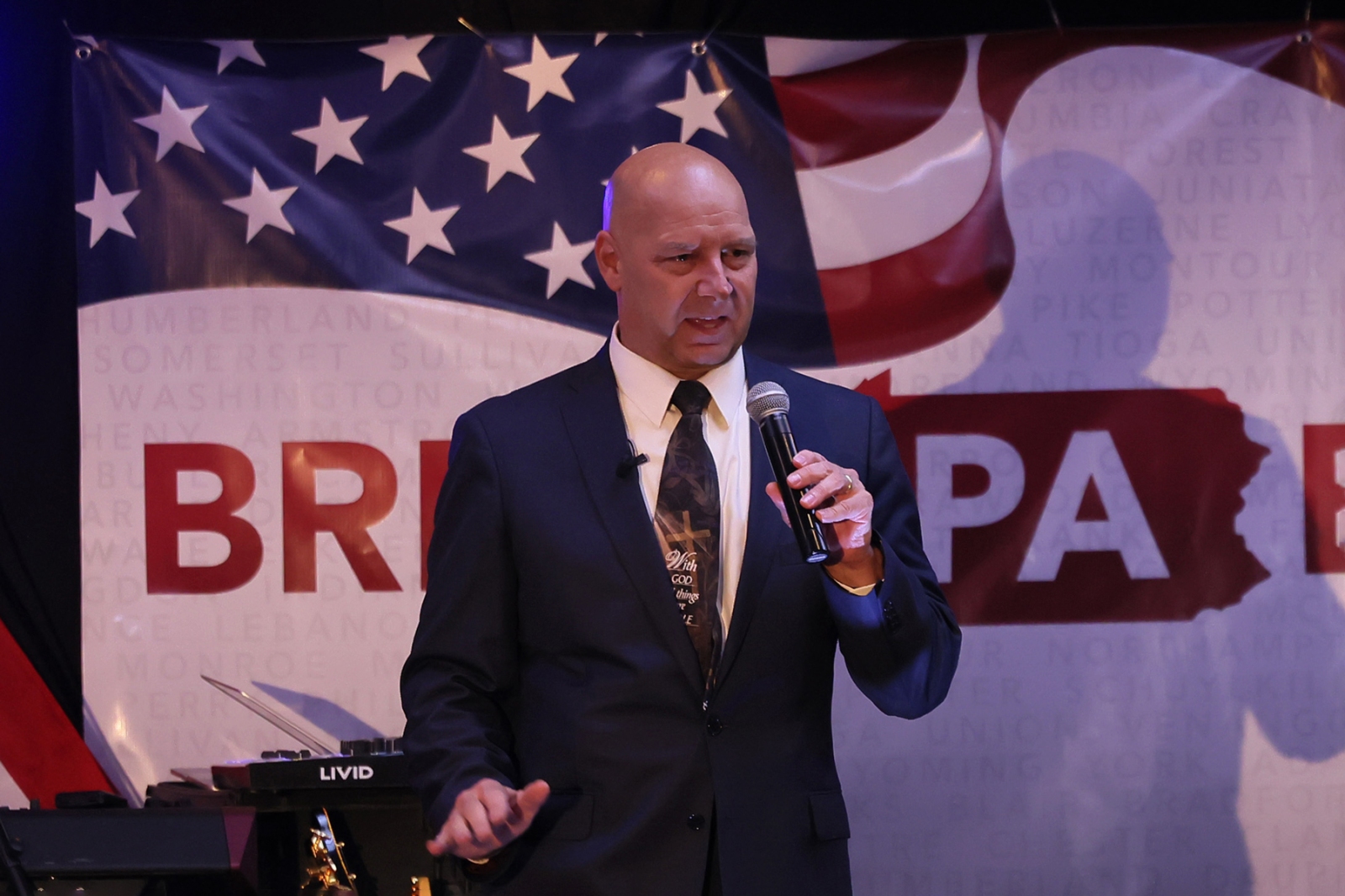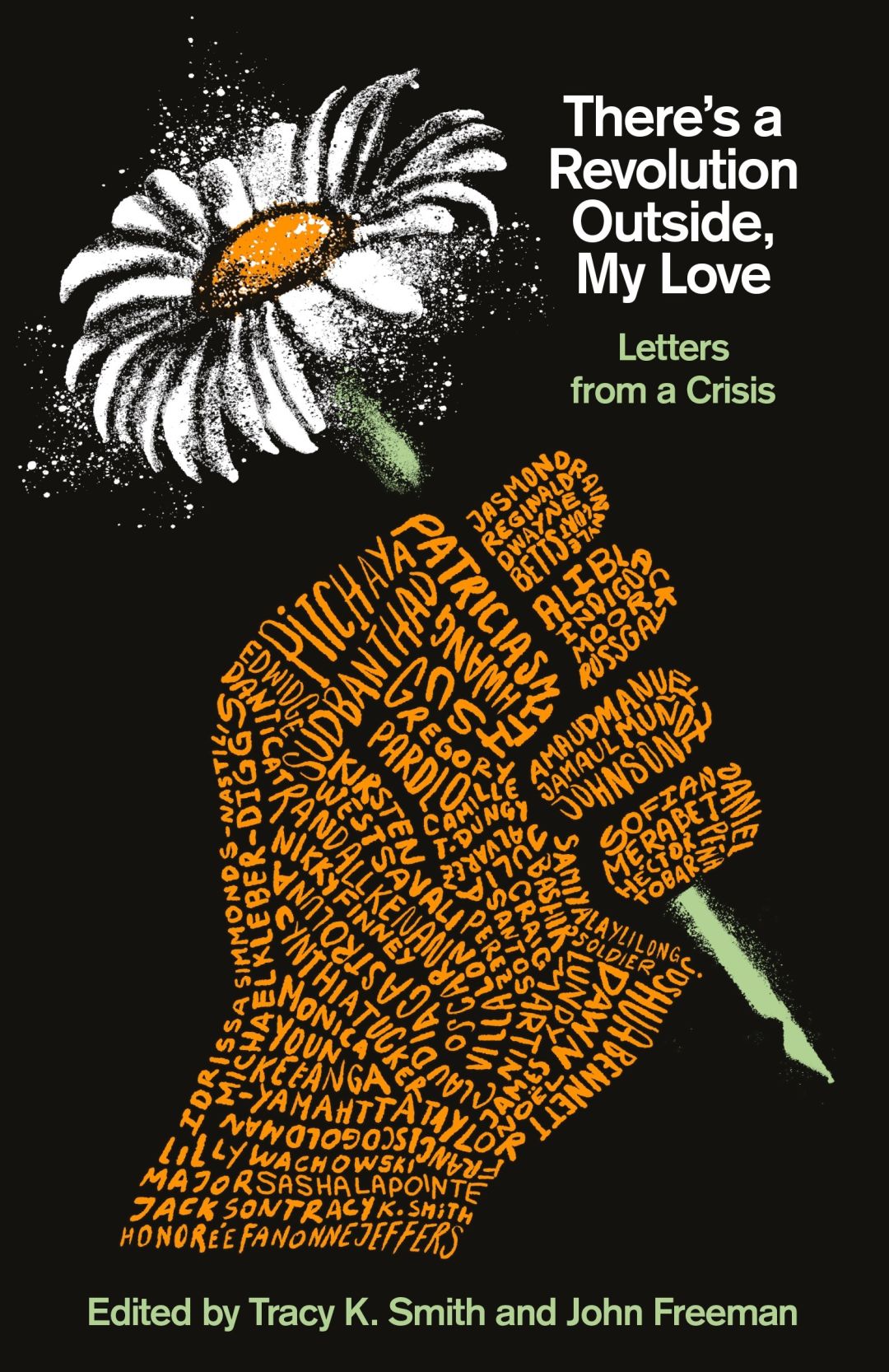
Crossing the River by Carol Smith
Carol Smith’s son was born with a developmental defect that damaged his kidneys, but he survived. Then, suddenly, at age seven, he went into cardiac arrest and died. In this memoir, Smith—a journalist for the Seattle Post-Intelligencer and Los Angeles Times, and currently an editor for KUOW—recounts her reporting of seven stories that helped her, such as that of Seth, a boy with progeria, a rare disease that made him age faster than normal. The result reads like a mix of journalism procedural (you’ll get a glimpse into the bygone offices of the P-I) and a narrative of healing. Out now
Facing the Mountain: A True Story of Japanese American Heroes During World War II by Daniel James Brown
The follow-up to Brown’s 2014 blockbuster The Boys in the Boat, this book tells the story of four Japanese American families whose sons volunteered for the 442nd Regimental Combat Team in World War II. This regiment was deployed in Europe and “emerged from the war as one of the most decorated units in American history.” This, despite the scourge of racism that had the U.S. government incarcerating Japanese Americans in concentration camps—including the families of these boys. Out now
I’m in Seattle, Where Are You? by Mortada Gzar
In 2016, novelist Mortada Gzar came to Seattle seeking Morise, an American GI he’d met and fallen for years before at the University of Baghdad. Here, he moved into a house with three gay men. Walking the city, he recollects the life that brought him to Seattle. He grew up in Iraq under Saddam Hussein’s regime and had been imprisoned for his homosexuality after meeting Morise. Gzar’s writing comes with a surreal tinge: “Notions, ghosts, bits and pieces of stories invaded my head and occupied my mind while his name pursued me like the evening shadows no one sees…. Lenin’s statue greeted me, but with a woman’s voice.” Out now
Magic City by Jewell Parker Rhodes
Jewell Parker Rhodes’s 1997 novel Magic City tells the long-neglected story of the 1921 Tulsa Race Massacre, when white mobs brutally razed the city’s flourishing Black community and left as many as 300 people dead. In observance of the 100th anniversary of the massacre, the novel has been reissued. It centers on a young Black man whose dreams of escape (in many senses of the word) manifest in hero-worship of Houdini. The screams of a white woman, who has been raped by her father’s farmhand earlier that morning and is suffering the traumatic aftershocks, are all it takes to place Joe in the crosshairs of a lynch mob and ignite the powder keg of white supremacist violence in Tulsa. Parker Rhodes writes of this intersection of patriarchal violence and white supremacy with uncompromising clarity. Out now —Sophie Grossman
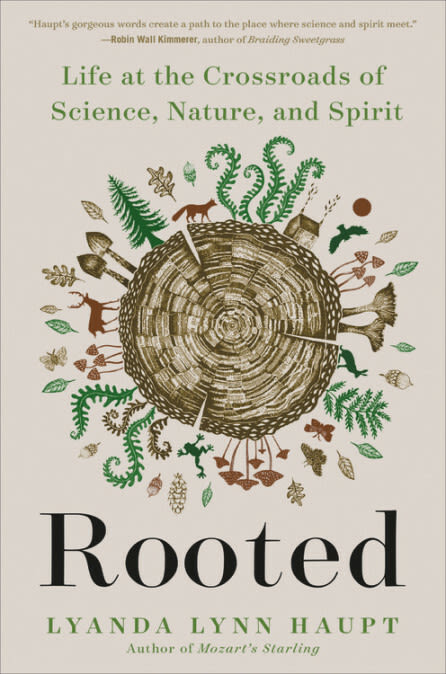
Rooted: Life at the Crossroads of Science, Nature, and Spirit by Lyanda Lynn Haupt
Seattle’s premier avian scribe follows Mozart’s Starling with this look into how the “innate connection between humans and the natural world is coming to the fore in a new way as academic research rises in support of truths” that are age-old. With an erudite and roving wit, Lynn Haupt writes about how trees can communicate with each other, and how we can connect with them simply by walking in the woods. And, of course, there are still birds. Out now
Swimming to Freedom: My Escape from China and the Cultural Revolution by Kent Wong
His father was a Chinese official, but when the Cultural Revolution hit, Kent Wong and his siblings were separated into different villages. Eventually, he’d join an underground movement and become one of a half million who fled to Hong Kong via an open water swim that in some spots stretched six miles. His trip ultimately took him to Seattle. He recalls that journey in clear, direct prose in this memoir. You can read an excerpt here. Out now
There’s a Revolution Outside, My Love: Letters from a Crisis edited by Tracy K. Smith and John Freeman
This collection of 40 essays, poems, and letters draws from a host of writers (Ross Gay, Major Jackson, Tracy K. Smith—who also edits) who respond to 2020’s Black Lives Matter protests. Among the mix are two essays by local writers, made from similar ingredients: wildfire smoke, pandemic isolation, the city’s protests. Claudia Castro Luna’s “Letter from a Seattle Protest” reflects on the ways that the year echoed El Salvador’s civil war, which she grew up amid as a child, and also Seattle’s WTO protests. Sasha LaPointe’s “Thunder Song” discusses the sustained relevance of her grandmother’s 2006 The Healing Heart of the First People, the first symphony to ever include Coast Salish spirit songs and traditional language; LaPointe then heard its music at a gathering of Coast Salish people in CHOP. Out May 11
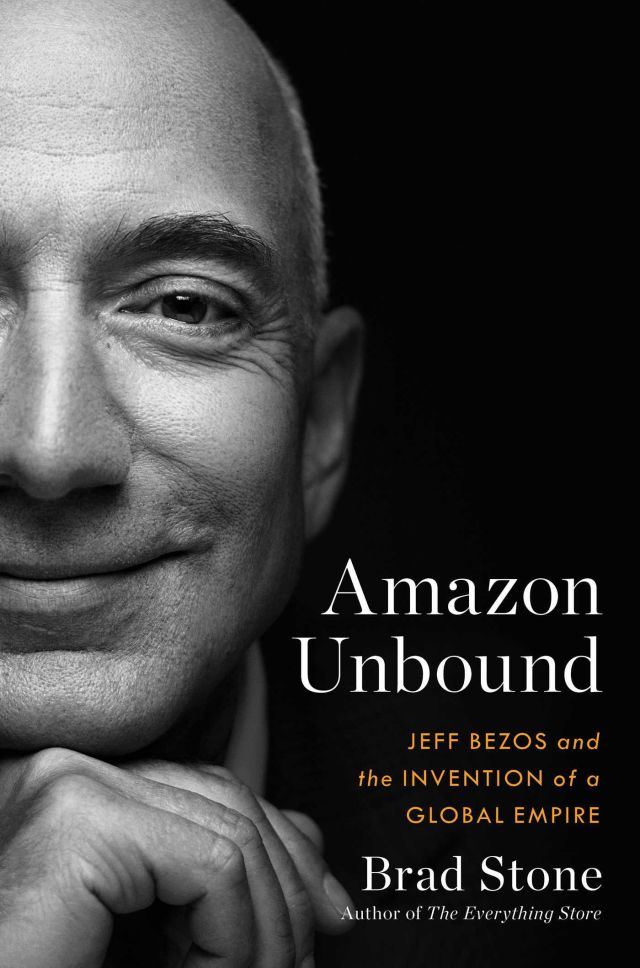
Three Books Reckoning with Amazon
It is, in a way, fitting that a business that began selling books now has a growing corpus of texts critiquing it. Three new books cut into Amazon and Jeff Bezos variously. The marquee event is Brad Stone’s Amazon Unbound: Jeff Bezos and the Invention of a Global Empire (out May 11), a sort of sequel to his 2013 book The Everything Store. But, you know, the company has grown a little since 2013—its Alexa, AWS, Prime Video, and grocery segments all reshaping what we think of it. Alec MacGillis’s Fulfillment: Winning and Losing in One-Click America (out now) aims to understand the company as a microcosm of American inequality. If you find both of those don’t create a clear enough picture, Darryl Cunningham’s Billionaires: The Lives of the Rich and Powerful (out now) devotes one of its three sections to Jeff Bezos, rendering the rise and corrosive growth of Amazon as a 90-page comic, which, as it happens, cites Stone’s The Everything Store. All three books are available through Amazon, but to prevent cognitive dissonance, another store is in order.

